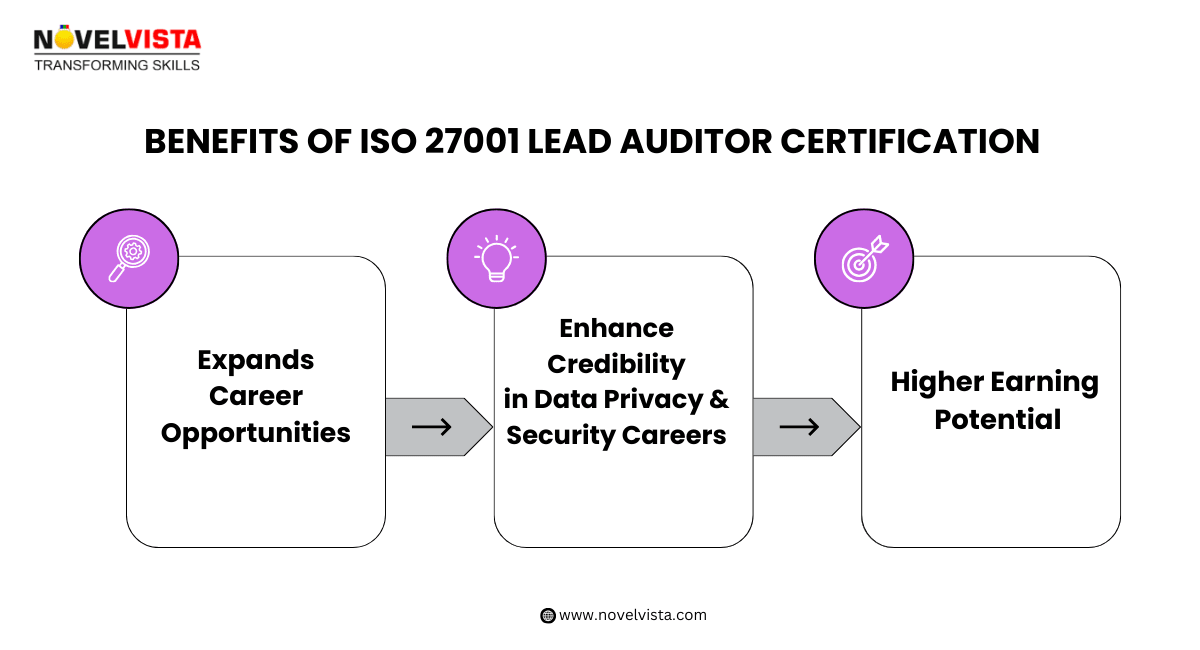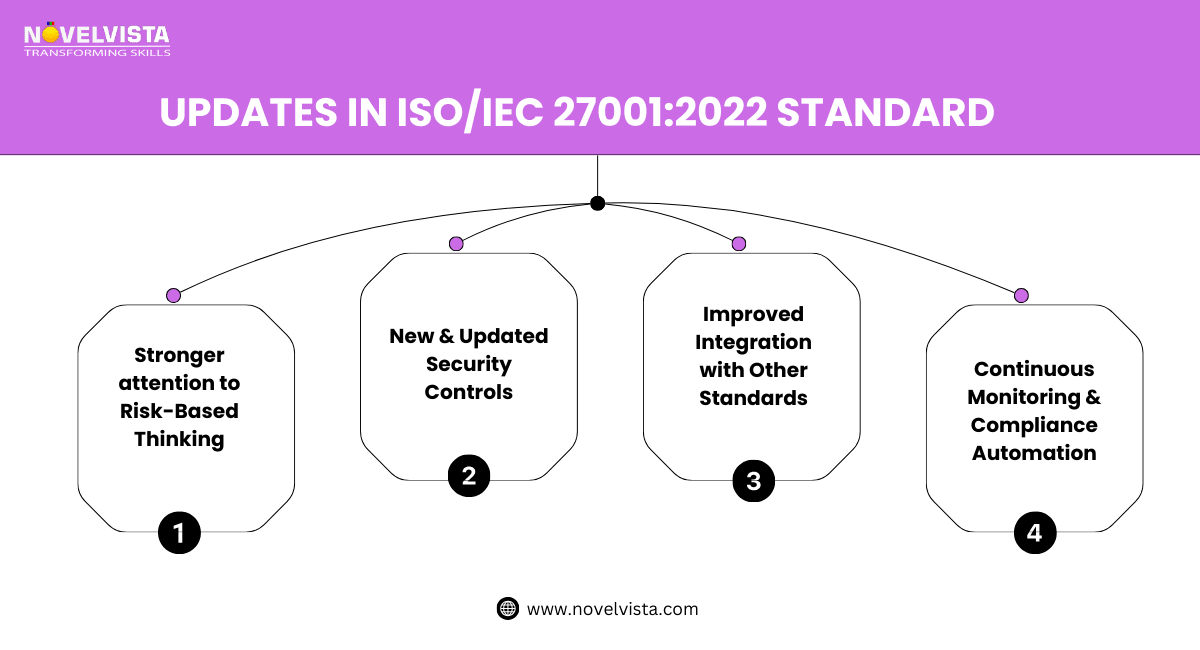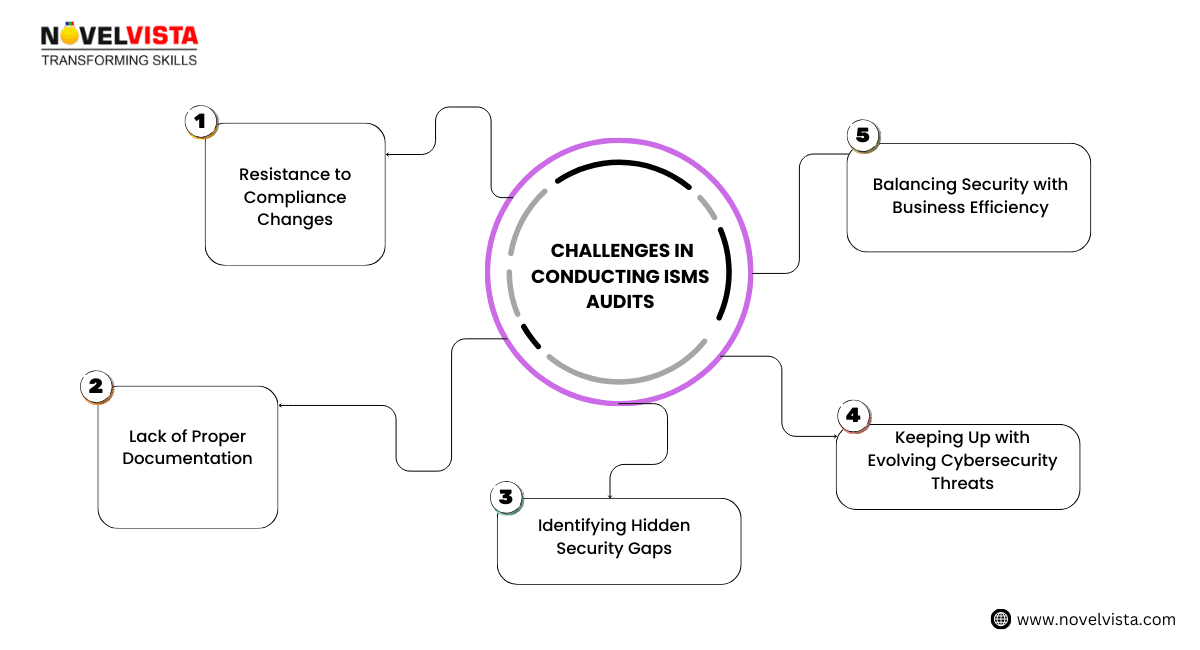ISO 27001 Lead Auditor Certification is more like a gate to an exciting and adaptable career in information security and compliance. While data breaches and cybersecurity threats flash in the headlines every other day, organizations of many sectors are looking for professionals who can check, implement, and improve the effectiveness of robust ISMS. This certification becomes your door to globally recognized expertise and advances your Career after ISO 27001 Lead Auditor Certification in IT, finance, healthcare, government, and much more.
In this blog, we will take a look at why the ISO 27001 Lead Auditor Certification matters, what kind of jobs it opens for you, trends that will define the industry moving forward, and tips on how to overcome common challenges.
The ISO 27001 Lead Auditor’s Certification is a globally recognised qualification that enables professionals to assess and certify an organisation’s Information Security Management System (ISMS).
Want to know more about how ISO standards shape industries? Learn about the ISO Full Form and its significance.
The ISO 27001 Lead Auditor certification is an assessment of your expertise in auditing information security management systems (ISMS). It imparts the ability to assess, implement, and improve ISMS frameworks across industries. Major benefits of ISO 27001 Lead Auditor Certification include:
The ISO 27001 Lead Auditor's Certification not only boosts your resume - it builds a future-proof career in cybersecurity. Here's how it benefits professionals and organisations.

With cyber threats increasing, companies are actively hiring certified lead auditors for roles such as:
Not sure why businesses invest in this certification? Understand the ISO 27001 and why organisations prioritise compliance.
The ISO 27001:2022 update brings new security requirements and process improvements. Here’s what ISO 27001 Lead Auditors need to know:

Earning an ISO 27001 Lead Auditor’s Certification requires structured training that equips you with audit principles, compliance methodologies, and security risk assessment skills. Here’s what to expect from a professional ISO 27001 Certification Course Training.
The ISO 27001:2022 Lead Auditor Certification provides hands-on knowledge of ISO 27001 Audit Practices and auditing techniques to assess an organisation’s Information Security Management System (ISMS).
Becoming a certified ISO 27001 Lead Auditor involves a structured process that ensures you can evaluate, audit, and certify an organisation’s ISMS.
To enroll in an ISO 27001 Lead Auditor’s Certification course, you should have:
Training covers lead auditor job roles, compliance regulations, and practical audit execution.
The exam tests your understanding of:
Most companies favor auditors with hands-on experience. You can:
New to ISO 27001? Start by understanding what is ISO 27001 and why it’s critical for cybersecurity professionals.
As an ISO 27001 Lead Auditor, your job is to evaluate, improve, and certify an organisation’s security framework. Here’s what you’ll be responsible for:
Learn how ISO 27001 improve security. Understand more about ISO 27001 Importance.
Conducting an ISO 27001 Lead Auditor Certification audit is no easy task. Organisations face a variety of compliance, security, and operational challenges that auditors must address. Here are some of the most common obstacles and how to overcome them.

Challenge: Due to workflow disruptions, employees and management may resist new security policies.
Solution: Conduct awareness training to help teams understand the value of ISO 27001 and risk mitigation.
Challenge: A lot of companies fail to manage updated security policies which lead to higher difficulty in audits.
Solution: Encourage organisations to regularly update their ISMS documentation, incident response plans, and compliance reports.
Challenge: Many vulnerabilities aren’t immediately visible during routine assessments.
Solution: Implement advanced penetration testing and risk assessment techniques to uncover hidden threats.
Challenge: ISO 27001 career possibilities are growing because cyber threats change rapidly, making it challenging to ensure compliance.
Solution: Stay ahead by learning about new security risks, regulatory changes, and emerging audit trends.
Challenge: Rigid security controls may slow down the process if not executed strategically.
Solution: Deploy a risk-driven method that balances the best security techniques with operational requirements.
Master ISO 27001 auditing. Understand ISO Audit Practices to perform practical security analysis.
Communication, problem-solving, and leadership are fundamental skills to pursue successful careers.
Join ISACA, (ISC)² or IRCA for job opportunities, education, and industry insights.
Consider an MBA or a master's degree in cybersecurity or risk management to aim for senior management roles.
As an ISO 27001 Certified Lead Auditor, you open yourself to various job roles in the rapidly expanding field of information security.
ISO 27001 Lead Auditors can expect good pay. Industry reports indicate the following annual salary ranges:
Manisha’s Journey to a Compliance Leader:Manisha joined the company as a compliance officer, but with her ISO 27001 certification,she transitioned into a global compliance manager position. Today, she heads a team overseeing cybersecurity functions across regions.
A certificate in Lead Auditor for ISO 27001 is more than just a certificate; it ensures open doors to a fulfilling career in the security domain of information and compliance. Specialization, leadership positions, and freelancing opportunities are all part of the dynamic and ever-growing world of QMS Lead Auditor Careers and information security.
Elevate your expertise with ISO 27001 training today!
The requirement for lead auditor's position is at an all-time high, with companies favoring data security, risk management, and compliance auditing experts.
The cybersecurity industry needs more ISO 27001 professionals—are you ready to become one?
Confused about our certifications?
Let Our Advisor Guide You